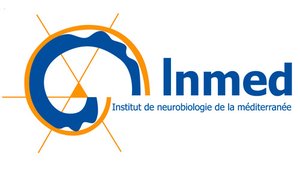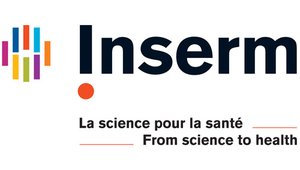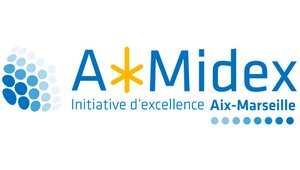Cellular neurophysiology: how neurons communicate
- Duration: 6 weeks
- Effort: 15 hours
- Pace: ~2h30/week
- Languages: English and french
What you will learn
At the end of this course, you will be able to:
- point 1
- point 2
- point 3
Description
How does information circulate in the nervous system? How is the universal language of neurons, the action potential, generated? How does it travel along axons? And how does it influence other neurons? Thanks to this MOOC, you will master these basic principles of neuronal physiology.
This MOOC is especially intended for students in biological sciences, high school science teachers, graduate students, research assistants and researchers who want to understand electrophysiology basics.
With an emphasis on the experimental approach, this course will address:
- the ion concentration gradient and membrane potential that control the movement of ions across the neuronal membrane. These ion movements create ion currents;
- the genesis of the action potential and its propagation to the axon terminals;
- the function of the synapse: neurotransmitter release, postsynaptic glutamate and GABA receptors, postsynaptic currents and their integration.
Format
Every week, the chapter includes:
- short didactic videos presenting cellular neurophysiology
- videos of experiments performed in a research laboratory
- additional documents for those who want to deepen some concepts
- automatically corrected quizzes to check that you understand the key concepts
- a forum to discuss with one another, to stay motivated and to learn even more!
Watching the videos, reading the main documents and testing your knowledge with the weekly quizzes require about one to two hours of work per chapter. However, add 1 hour per week if you plan on reading the additional resources and participating in the forums.
Prerequisites
We strongly recommend that you know essential concepts of cell biology (cell, membrane...) and a few basics of chemistry (ions, proteins...). We will review some principles, but this course is for people who have completed a year of college/university in a scientific field. It is even better if you know some physics (the notions of current, potential, resistance), but do note that we will use only two mathematical equations in this course.
Obviously, this training also requires you to be able to use a computer and the internet and that you have enough motivation and autonomy to complete it.
Assessment and certification
This MOOC issues a certificate to those who have successfully completed the course.
To validate the course, you need to:
- pass five quizzes (one per week) and a final exam,
- answer the questions in two surveys
Course plan
- Ion gradients
- Action potential
- Neurotransmitter release
- GABAergic synaptic transmission
- Transmission synaptique GABAergique
- Postsynaptic integration
Course team
Constance Hammond
Categories
Isabelle Virard
Categories
Organizations
Crédits
Shooting and editing
Marine Chabrolin
Music (teaser)
Josh Woodward
Graphic design (teaser)
Freepik.com, Géraldine Fohr, Marine Chabrolin
Photography (presentation page header)
INSERM / Patrice Latron : Imaging cultured neuronal cells in real-time.
Scientific and financial partners
Aix Marseille University and the Mediterranean Institute of Neurobiology (INMED), an INSERM laboratory, created this neurophysiology MOOC, thanks to an A*MIDEX funding.

Mediterranean Institute of Neurobiology (INMED)
The INMED lab virtually welcomes you during this MOOC. It is a joint research center affiliated to INSERM and Aix Marseilles University, where researchers study the development and plasticity of neural networks as well as pathologies linked to brain development.

National Institute of Health and Medical Research (INSERM)
The laboratory that opens its doors during this MOOC is attached to INSERM, a French public scientific and technological institution specialized in medical research.

A*MIDEX
In response to the “Initiatives of Excellence” (Idex) call for projects from the “Investments into the future” governmental program, the A*MIDEX project was developed by Aix Marseille University and its partners to enhance Aix-Marseille University teaching, research and development. The Brain Master Program, at the origin of this MOOC, was awarded an A*MIDEX funding in 2014.
License
License for the course content

All rights reserved
"All rights reserved" is a copyright formality indicating that the copyright holder reserves, or holds for its own use, all the rights provided by copyright law.
License for the content created by course participants

Attribution-NonCommercial-ShareAlike
You are free to:
- Share — copy and redistribute the material in any medium or format
- Adapt — remix, transform, and build upon the material
Under the following terms:
- Attribution — You must give appropriate credit, provide a link to the license, and indicate if changes were made. You may do so in any reasonable manner, but not in any way that suggests the licensor endorses you or your use.
- NonCommercial — You may not use the material for commercial purposes.
- ShareAlike — If you remix, transform, or build upon the material, you must distribute your contributions under the same license as the original.



